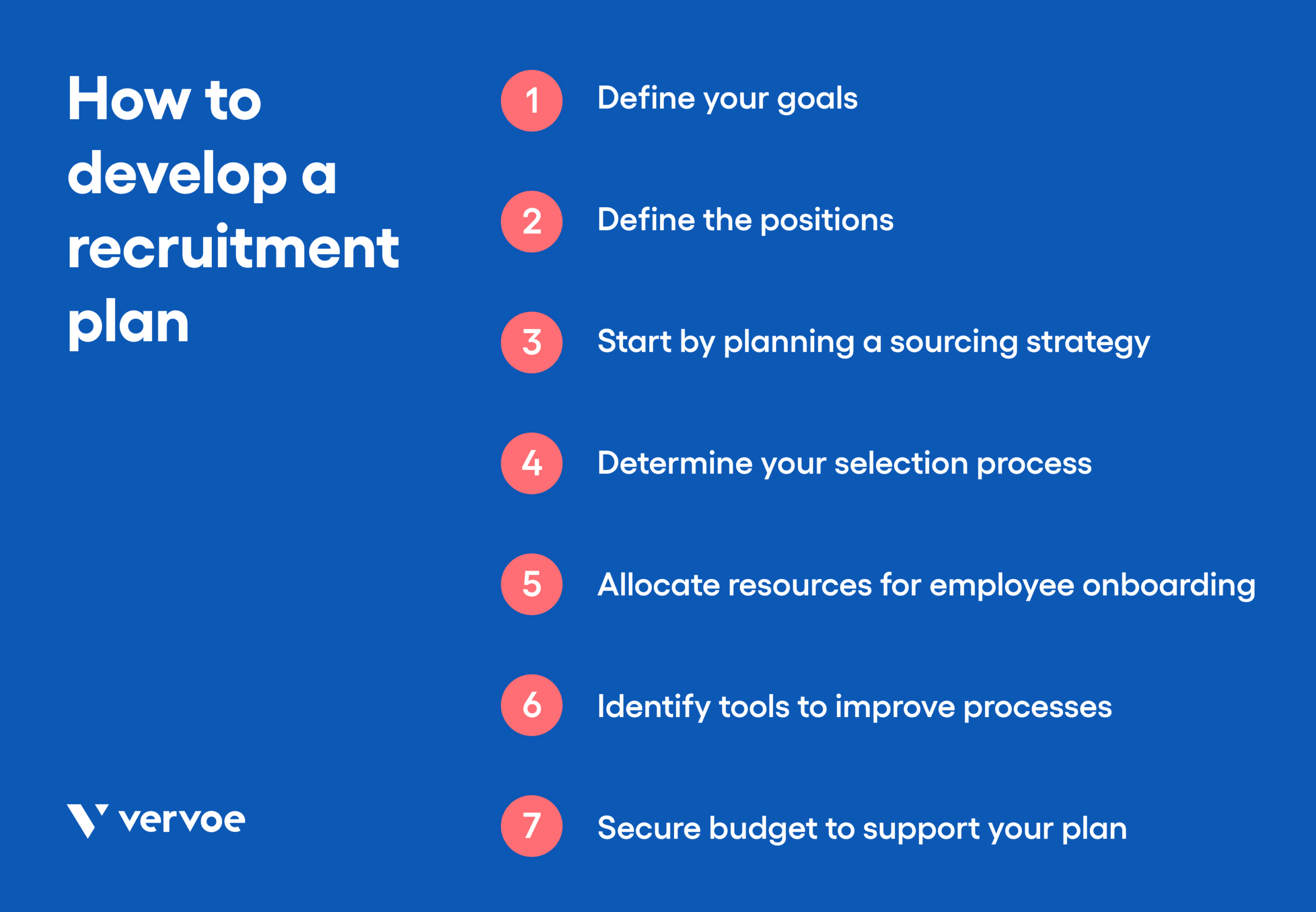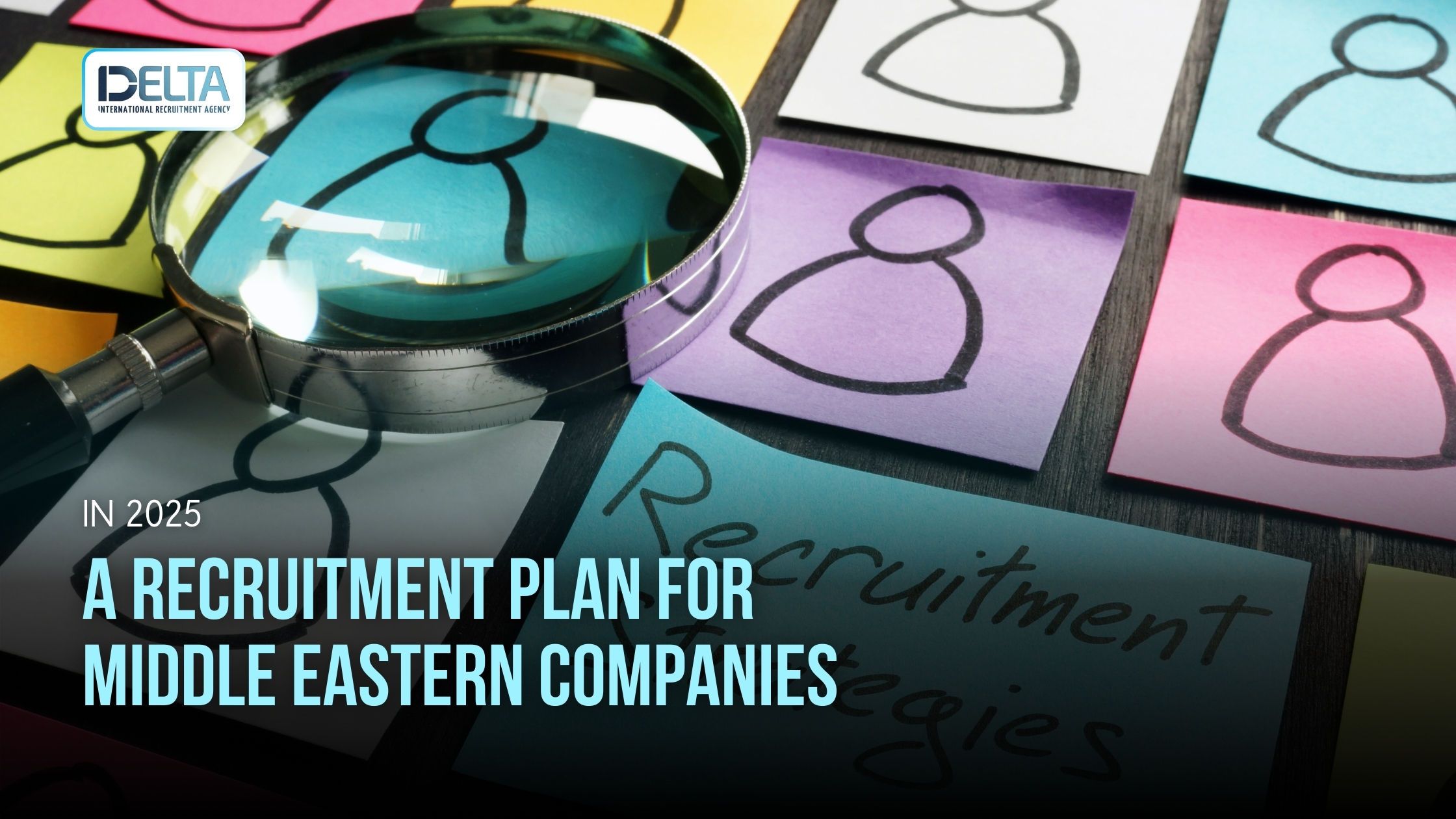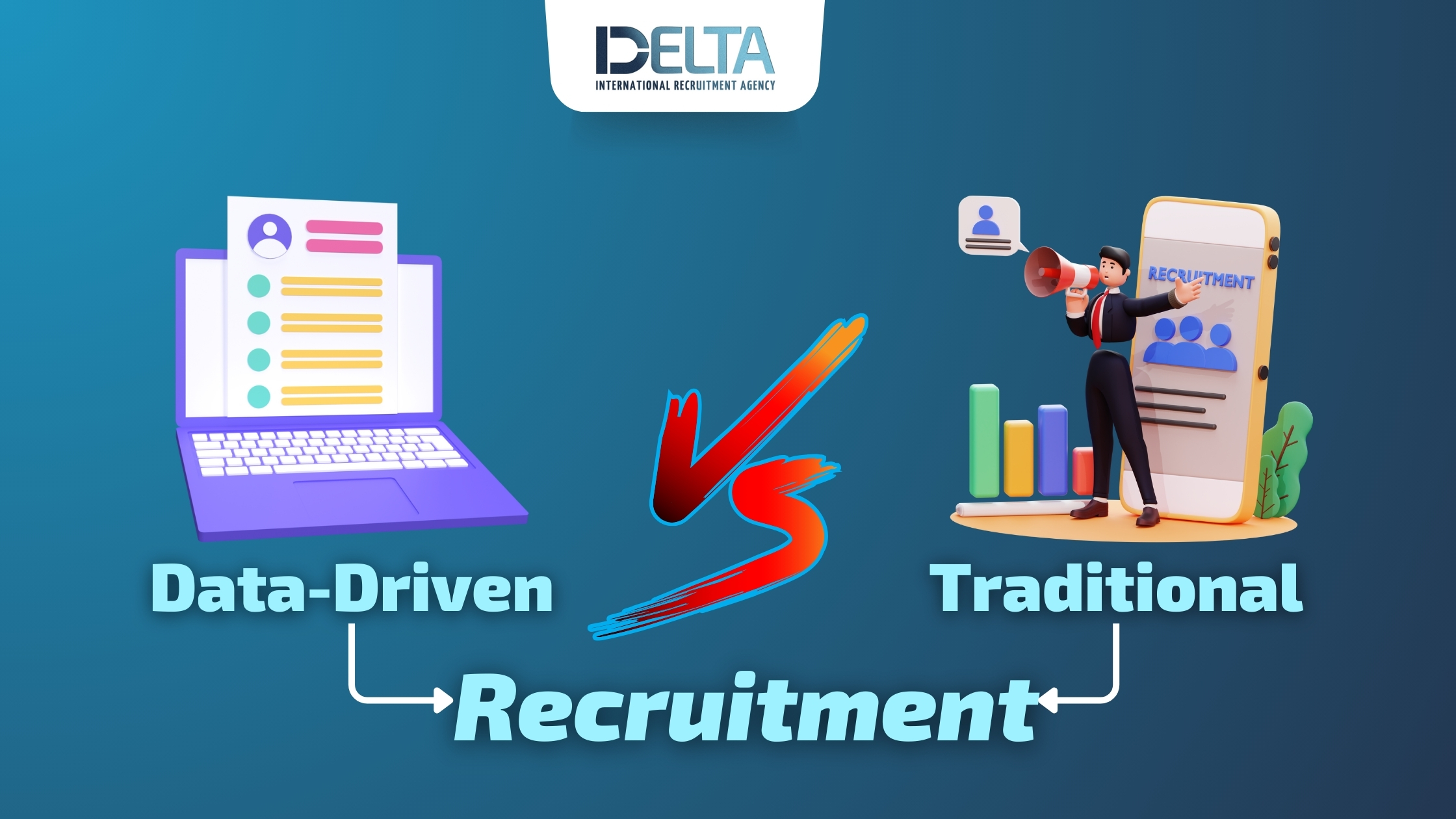Searching for “recruitment challenges in the Middle East” yields alarming statistics: 61% of tech roles remain unfilled due to talent shortages, hiring cycles stretch 33 days on average, and 74% of firms report losing candidates to competitors. These pain points stem from fragmented strategies, regulatory complexities, and rapid economic shifts in sectors like renewable energy and AI. For Middle Eastern companies, 2025 demands a proactive recruitment plan that aligns with national visions like Saudi Vision 2030 while addressing skill gaps and cultural diversity. This blog outlines a data-driven framework to build resilient hiring pipelines, leverage overseas partnerships, and future-proof your workforce.
Why Middle Eastern Companies Need a Recruitment Plan for 2025
The Middle East’s $3.8 trillion economic transformation hinges on overcoming three critical challenges:
- Talent Shortages
High-growth sectors like cybersecurity and renewable energy face a 40% skills gap. Local universities produce only 28% of required IT graduates, forcing firms to compete globally for specialists. - Regulatory Pressures
Nationalization mandates (e.g., UAE’s Emiratization) require 10-30% of roles to go to citizens, complicating expat hiring. Visa reforms in Saudi Arabia now demand proof of local talent unavailability before international recruitment. - Cultural & Logistical Hurdles
Hybrid work adoption lags at 32% in the GCC, while 68% of expats cite relocation costs as a barrier. Firms must balance Sharia-compliant HR policies with Western talent expectations.
Without a structured recruitment plan, companies risk project delays, 25% higher hiring costs, and non-compliance penalties exceeding $27,000 per violation.

Source by vervoe.com
Building a 2025 Recruitment Plan: 6-Step Framework
1. Workforce Mapping
- Audit existing skills against 2025 project pipelines using tools like SAP SuccessFactors.
- Identify gaps: 56% of Middle Eastern firms lack AI/ML capabilities despite 2030 digitalization goals.
2. Localized Sourcing Channels
|
Platform |
Best For |
Avg. Hire Time |
|
Bayt.com |
GCC nationals & Arabic speakers |
22 days |
|
LinkedIn MENA |
Tech & finance expats |
18 days |
|
GulfTalent |
Engineering & healthcare |
27 days |
3. Nationalization Compliance
- Partner with Nafis (UAE) and Saudization portals to pre-screen citizens.
- Allocate 15% of training budgets to upskilling nationals for leadership roles.
4. AI-Driven Screening
Deploy tools to:
- Reduce bias in 89% of cases via blind resume reviews
- Cut screening time by 47% through automated coding assessments
5. Relocation Packages
Top incentives for international hires:
- 100% visa sponsorship (83% acceptance boost)
- Tax-free salary tiers above $85,000
- Schooling allowances ($15,000 avg.)
6. Retention Roadmap
- Conduct quarterly “stay interviews” to address turnover triggers
- Offer Sharia-compliant pension plans and Ramadan-adjusted KPIs
How to Test Your Recruitment Plan
Validate effectiveness through:
A. Pilot Programs
Run 3-month trials for high-priority roles (e.g., data scientists), tracking:
- Offer acceptance rates (target >75%)
- Onboarding satisfaction scores (benchmark: 4.2/5)
B. Compliance Audits
Use local legal firms to review:
- Emiratization quota adherence
- Labor contract alignment with Federal Decree-Law No. 33
C. Cost-Benefit Analysis
Calculate ROI using:
(Total Hire Value - Recruitment Spend) / Time to Productivity
Aim for $3.50 return per $1 spent on recruitment tech.
Partnering with Overseas Recruitment Firms in Pakistan
Pakistan’s $8 billion IT export sector offers Middle Eastern firms:
- Cost Efficiency: 42% lower salaries than GCC averages
- Skill Match: 75,000 annual STEM graduates fluent in Arabic/English
- Time Zone Advantage: 1-hour overlap with UAE/KSA
When selecting a Pakistani partner:
- Verify PEOP licensing and ISO certification
- Demand Middle East-specific case studies (e.g., NEOM hiring drives)
- Insist on Arabic proficiency tests for shortlisted candidates
DITRC: Your Strategic Recruitment Partner in Pakistan
As Pakistan’s first MENA-focused agency, DITRC delivers:
- Pre-Vetted Talent: 48-hour shortlisting for roles like:
- DevOps Engineers ($4,200/month avg.)
- BIM Managers ($5,800/month avg.)
- Compliance Assurance:
- Labor contract alignment with GCC standards
- Muqabala (Islamic employment bond) options
- Post-Hire Support:
- 90-day acclimation programs covering GCC labor laws
- Tax filing assistance for expats
Final Thoughts
By 2025, Middle Eastern companies that blend AI efficiency with cultural intelligence will secure 70% of top-tier talent. Start by auditing current gaps, pilot localized-tech hybrids, and forge cross-border partnerships. Remember: In Dubai’s 2040 Urban Plan alone, 200,000 new jobs await those with the right recruitment blueprint.
Tips for Employers: Impactful Updates




